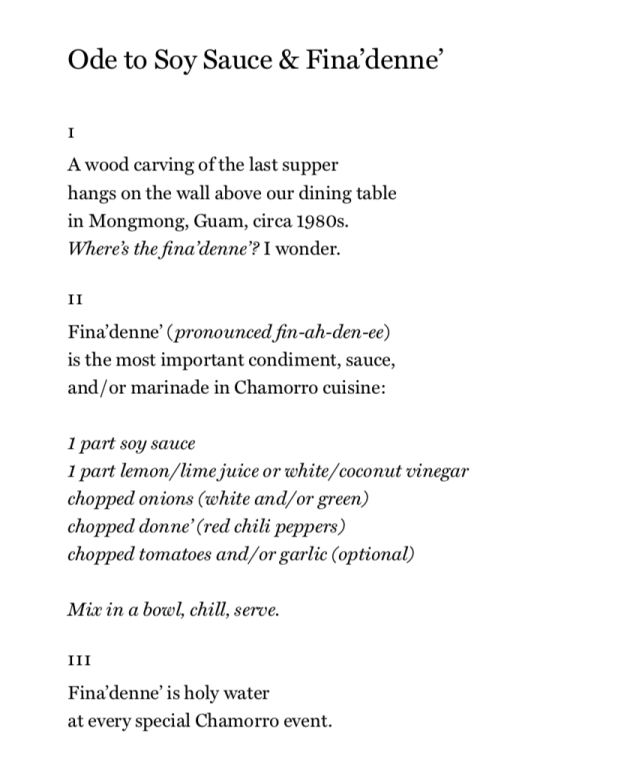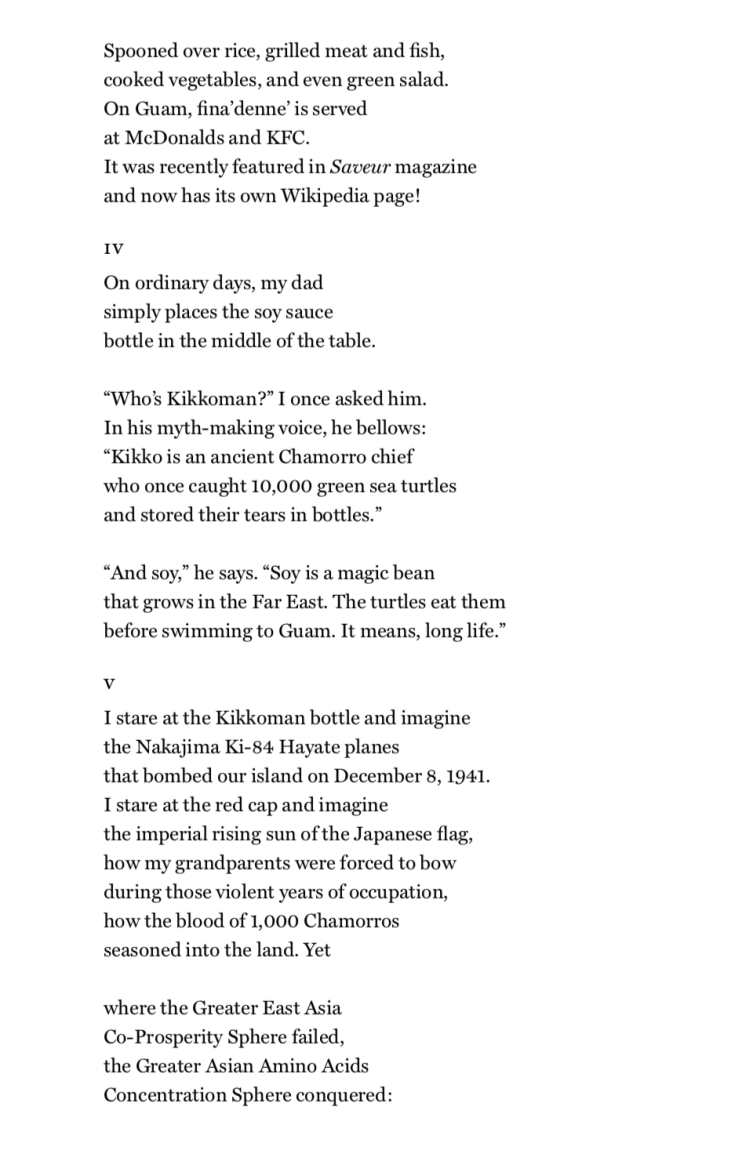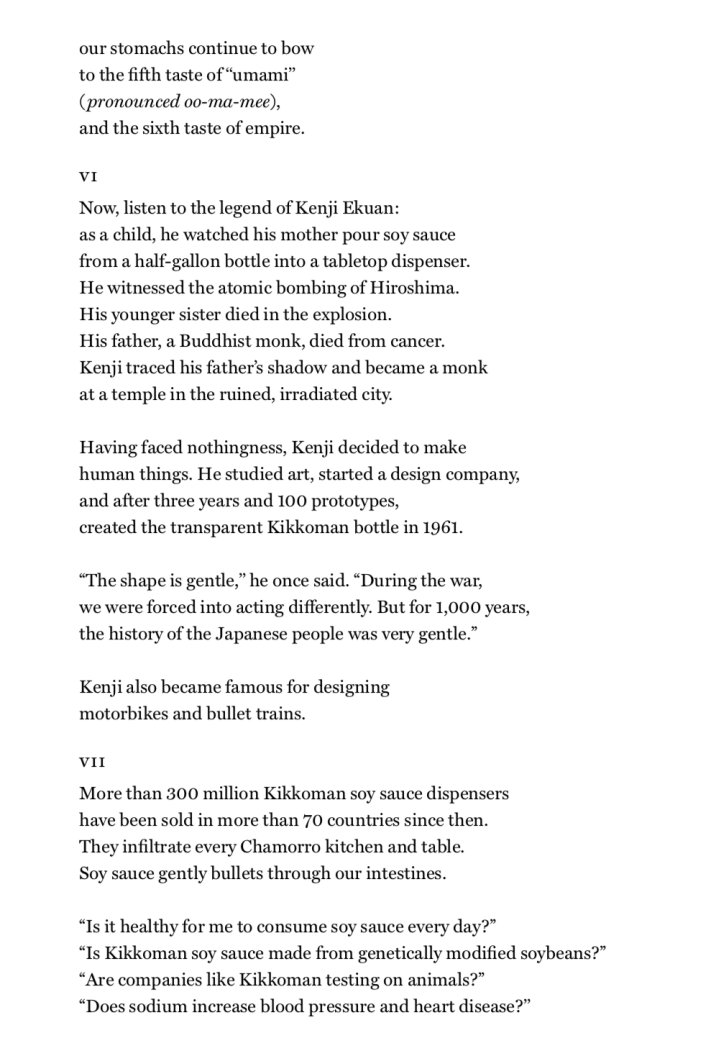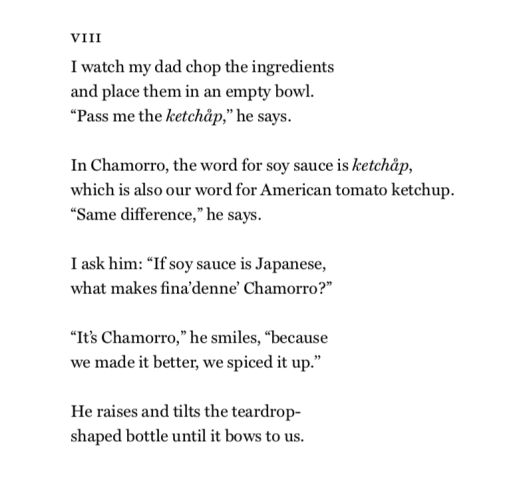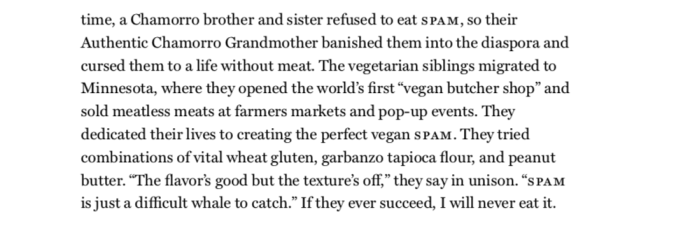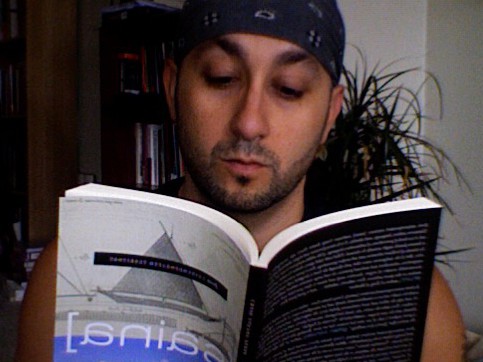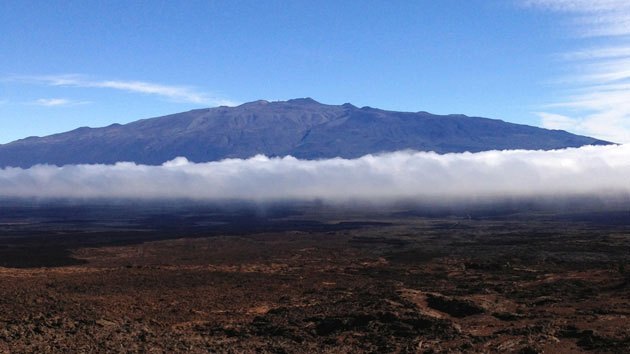
for Internation Mountain Day, December 11th
Say: “Mountains are sacred”
because mountains are born from contracting tectonic plates––
because mountains live on a quarter of the planet’s surface––
because mountains shape local and global climates
Say: “Mountains are sacred”
because mountains nourish trees, animals and food crops––
because mountains house native peoples, minorities, and refugees––
because mountains create corridors for migrating species––
because my family lives on a submerged mountain––
Say: “Mountains are sacred”
because mountains capture moisture from the atmosphere––
because mountains filter aquifers and source rivers––
because mountains provide freshwater for half of humanity
Say: “Mountains are sacred”
because what else do you call places that are always being desecrated
by corporations, armies, and nations––
who clearcut, detonate, drill, mine, extract, and pollute––
who violently remove mountaintops––
who violently remove entire mountains
Say: “Mountains are sacred”
because we say stop!
this is our center of creation–––stop!
this is where we bury and honor our dead––stop!
this is where we pilgrimage, worship, and make offerings––stop!
you are hurting our mountain elders
Say: “Mountains are sacred”
because there once was a mountain here––
because this deep opened wound was once home
Say: “Mountains are sacred”
because what else do you call places that are always being endangered:
melting glaciers and ice caps, severe erosion and floods,
eruptions and earthquakes, diminishing crop yields, water flow, and biodiversity,
scorched earth wars and border conflicts
Say: “Mountains are sacred”
because my daughter loves playing at Mānoa Valley park,
surrounded by the Koʻolau mountains––
because one day she’ll ask us “What is the tallest mountain in the world?”––
we’ll tell her, Mauna Kea stands more than 30,000 feet above the ocean floor,
home of Papa and Wakea, Earth Mother and Sky Father,
the birthplace of your Hawaiian ancestors”
Say: “Mountains are sacred”
because we’ll have to tell her about the violent construction
of massive observatories atop Mauna Kea––
we’ll have to explain why scientists yearn to see
billions of light years into space yet refuse to see
the sacredness of this place
Say: “Mountains are sacred”
because we’ll also tell her about the aloha ʻāina protectors––
who stopped the groundbreaking of a Thirty Meter Telescope––
who bravely stood on the access road, held hands, and chanted:
“ku kiaʻi mauna”––
Say: “Mountains are sacred”
because
We are Mauna Kea
we are Lamlam
We are Nakauvadra
We are Popomanaseu
We are Taranaki
We are Uluru
We are Lata
We are Silisili
We are Panié
We are Orohena
We are Nemangkawi
We are Terevaka
We are Tabwemasana
We are Kao
We are Enduwa Kombuglu
We are Ngga Pulu
We are Giluwe
We are Haleakala
Say: “Mountains are sacred”
because we’ll teach our children:
when you feel threatened,
hold your palms out, touch
your thumbs and pointers together
to form a triangle,
like this––
and remember : when we stand
to defend the sacred, we will be
as strong as mountains––
remember : when we stand
to protect the sacred,
our voices will rise
to the summit
of the sky––
